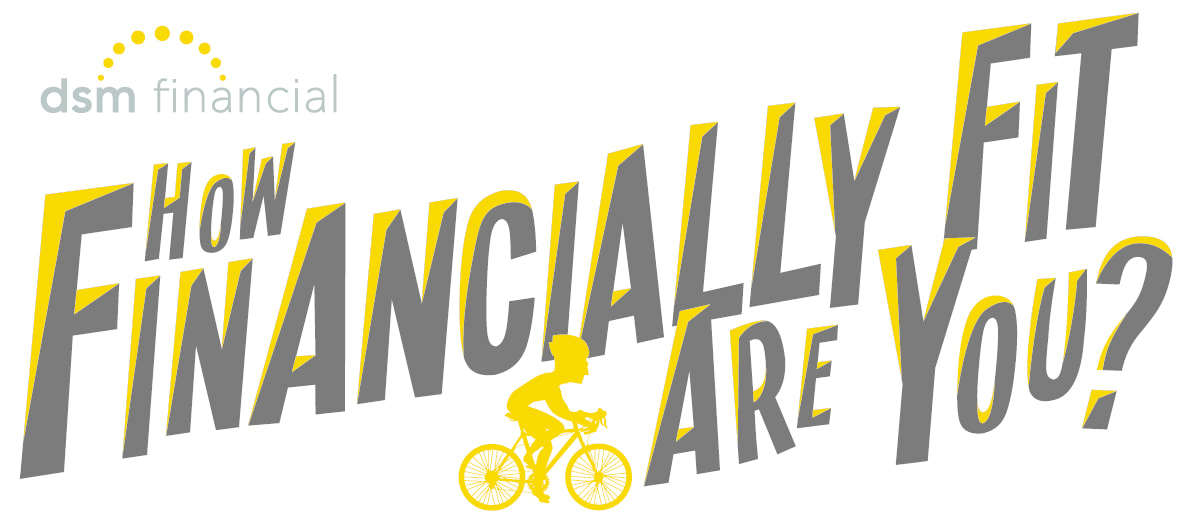 An estate plan is an important part of your financial strategy. It protects your heirs from risk and addresses how your assets should be distributed after you pass away. You can also use it to minimize taxes and a wide range of other potential costs. One of the biggest costs your estate may face is probate. Probate is the legal process for settling one’s estate. The process is managed by your estate executor and the local probate court. It usually consists of a variety of tasks, including notifying potential heirs, paying debts, liquidating assets and more. As you might expect, probate can take weeks or even months. During that time, your estate may rack up costs for lawyers, accountants, real estate fees and more. It can also delay the distribution of your assets, as that may not happen until probate is complete. Fortunately, there are steps you can take to eliminate the impact of probate on your estate. Below are three such steps. If you haven’t planned for probate, now may be the time to do so. These steps could ease the process for your heirs after you pass away. Gift your assets to loved ones. You can minimize the impact of probate by simply reducing the amount of assets in your estate. The fewer assets you have when you die, the fewer that have to go through probate. One way to do this is by gifting assets to heirs and loved ones while you’re still alive. Be careful, though. Many states have laws about how long an asset must be out of your estate for it not to be included in probate. There are also gift tax and income tax laws that apply to gifting. You’ll likely want to consult with a financial professional to see how those laws apply to your strategy. Finally, be sure to consider how your loved ones may feel about the gifts. Some may feel that they’re not fair. If the gifts will create conflict, you may want to consider an alternate plan. Use a trust to distribute your assets. A trust is another effective strategy for minimizing the impact of probate. A trust is a legal document that’s used to manage investments, savings, property and other assets. You create the document with the help of a legal or financial professional and then retitle assets to ownership by the trust. Upon your death, the assets are distributed to your trust beneficiaries. Since you name the direct beneficiaries in the trust, the assets bypass probate. That could help your heirs receive their inheritance faster and at less expense. Take advantage of qualified accounts. Trust assets aren’t the only assets that bypass probate. Any account with a beneficiary designation avoids the probate process. That includes life insurance, annuities and qualified accounts such as IRAs and 401(k) plans. Consider ways you can maximize these assets to take advantage of the probate bypass. For example, you may consider putting assets into an annuity. Many of these products have other attractive features like guaranteed* rates of return and market risk protection. A financial professional can help you determine the best strategy for your needs. Ready to develop your probate plan? Let’s talk about it. Contact us today at DSM Financial. We can help you analyze your needs and develop a strategy. Let’s connect soon and start the conversation. *Guarantees, including optional benefits, are backed by the claims-paying ability of the issuer, and may contain limitations, including surrender charges, which may affect policy values. Licensed Insurance Professional. This information is designed to provide a general overview with regard to the subject matter covered and is not state specific. The authors, publisher and host are not providing legal, accounting or specific advice for your situation. By providing your information, you give consent to be contacted about the possible sale of an insurance or annuity product. This information has been provided by a Licensed Insurance Professional and does not necessarily represent the views of the presenting insurance professional. The statements and opinions expressed are those of the author and are subject to change at any time. All information is believed to be from reliable sources; however, presenting insurance professional makes no representation as to its completeness or accuracy. This material has been prepared for informational and educational purposes only. It is not intended to provide, and should not be relied upon for, accounting, legal, tax or investment advice. This information has been provided by a Licensed Insurance Professional and is not sponsored or endorsed by the Social Security Administration or any government agency. 18086 – 2018/10/1
0 Comments
 Many workers dream about early retirement as their ultimate goal. Early retirement gives you the opportunity to enjoy your free time while you’re still young and healthy. You may be able to do things in life that wouldn’t have been possible if you’d waited to retire at an older age. However, there’s nothing exciting about early retirement if you’re forced into it before you’re ready. An unplanned or unwanted early retirement can lead to serious financial challenges, and it may hurt your ability to support yourself and your desired lifestyle through the remainder of your retirement. Unfortunately, many workers face the threat of forced early retirement every year. For some, it could be due to layoffs or termination and difficulty finding a new job. Other workers may suffer an injury or illness that leaves them disabled and unable to continue working. Either instance is a very real possibility as you approach retirement. If you should be forced into retirement without a plan in place, you could face serious financial difficulties. Below are a few steps you can take to prepare and protect yourself: Make yourself valuable to your employer. With retirement in sight, it may seem like there’s no point in continuing to learn new skills or to develop as a leader. After all, you’ll be out of the working world in a few short years. What’s the point of learning new technology or methodologies? That continued learning could be the difference that keeps you out of the next round of layoffs. Look for ways to develop and make yourself as valuable as possible to your employer. Keep coming up with innovative ideas and improvements. Volunteer to take on those difficult assignments. You need to finish your career with an uninterrupted stretch of earning and saving. Take steps to ensure your employer views you as a valuable part of the team. Protect yourself against the risk of disability. Think disability won’t happen to you? Think again. According to the Council for Disability Awareness, more than 60 percent of workers believe they have a 2 percent or less chance of suffering a long-term disability. The actual likelihood is closer to 25 percent.1 Disability can happen, and it can have severe financial consequences. You can minimize the risk by protecting yourself with disability insurance. Your employer may offer coverage. However, you also may want to talk to your financial professional about a more robust individual policy to use until you retire. Keep a disciplined budget. Budgeting is always a good idea, but it’s even more important as you approach retirement. Now is the time to cut expenses, save more money and practice living on your projected retirement income. A lean budget will also be helpful if you’re forced into early retirement. Look for ways to cut costs. Paying down high-interest debt is one way. Scaling back on discretionary expenses is another. You can even downsize to a smaller home to free up cash flow. Now is the time to cut costs and practice living frugally. That way you’re prepared should you be forced into early retirement. Ready to plan your retirement strategy? Let’s talk about it. Contact us today at DSM Financial. We can help you analyze your needs and implement a plan. Let’s connect soon and start the conversation. 1http://www.disabilitycanhappen.org/chances_disability/disability_stats.asp Licensed Insurance Professional. This information is designed to provide a general overview with regard to the subject matter covered and is not state specific. The authors, publisher and host are not providing legal, accounting or specific advice for your situation. By providing your information, you give consent to be contacted about the possible sale of an insurance or annuity product. This information has been provided by a Licensed Insurance Professional and does not necessarily represent the views of the presenting insurance professional. The statements and opinions expressed are those of the author and are subject to change at any time. All information is believed to be from reliable sources; however, presenting insurance professional makes no representation as to its completeness or accuracy. This material has been prepared for informational and educational purposes only. It is not intended to provide, and should not be relied upon for, accounting, legal, tax or investment advice. This information has been provided by a Licensed Insurance Professional and is not sponsored or endorsed by the Social Security Administration or any government agency. 18087 – 2018/10/1 Is retirement quickly approaching? Do you also have children in the home who will be heading off to college at some point in the future? If so, you may be feeling pressure to save for both retirement and your children’s future college expenses.
The challenge for many families is finding enough extra money to save for both college and retirement. You may be in the same position. There could be extra funds available to save for college or retirement, but not for both. In that situation, which goal should be the priority? Both are obviously important. You likely want your child to have access to the best education, but you probably also want to enjoy a comfortable retirement. How do you balance the two? |
Archives
July 2020
Categories
All
|
Mike Moller
DSM Financial
DSM Financial
3309 109th Street
Urbandale, IA 50322
Urbandale, IA 50322
515.331.1717
mikemoller@dsmfinancial.com
mikemoller@dsmfinancial.com
Advisory Services offered through Change Path LLC an Investment Advisor. DSM Financial and Change Path LLC are not affiliated. 17283 - 2018/1/17
Licensed Insurance Professional. Respond and learn how insurance and annuities can positively impact your retirement. This material has been provided by a licensed insurance professional for informational and educational purposes only and is not endorsed or affiliated with the Social Security Administration or any government agency.
Licensed Insurance Professional. Respond and learn how insurance and annuities can positively impact your retirement. This material has been provided by a licensed insurance professional for informational and educational purposes only and is not endorsed or affiliated with the Social Security Administration or any government agency.


 RSS Feed
RSS Feed